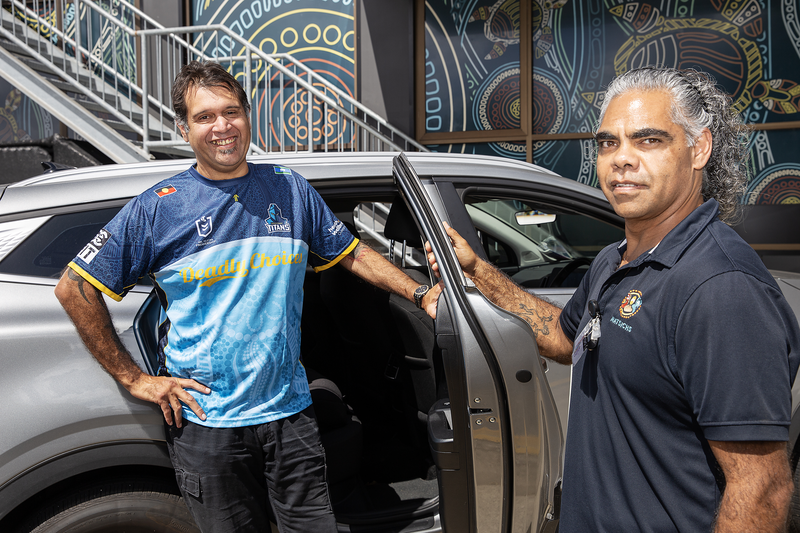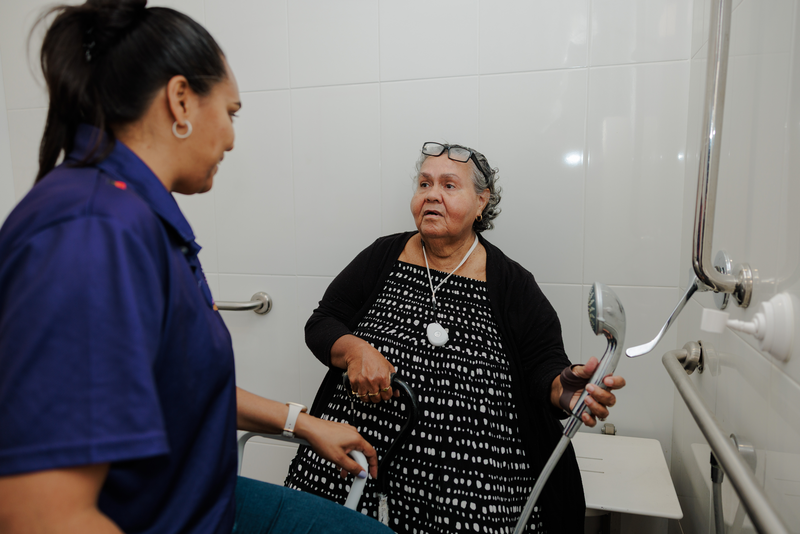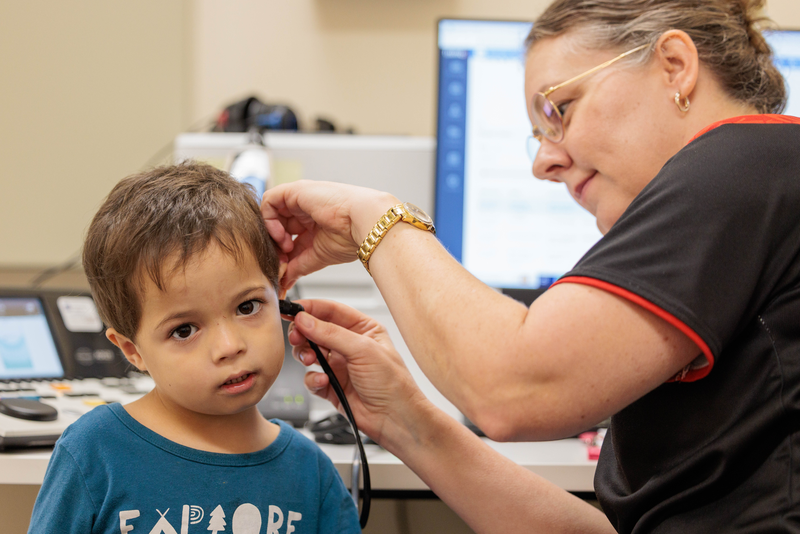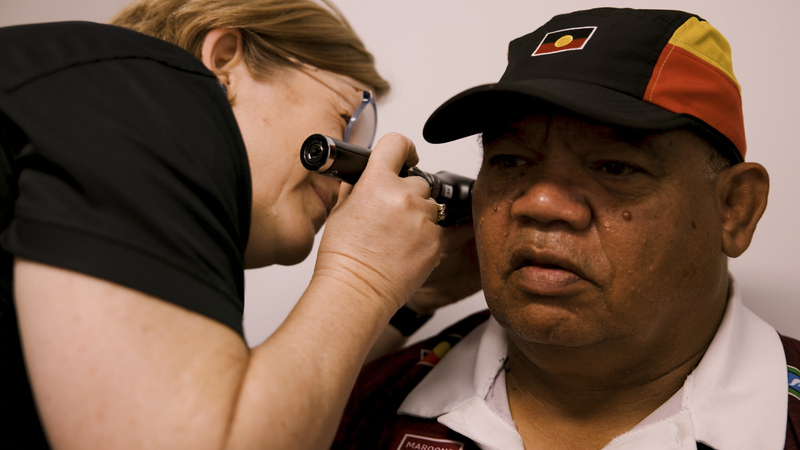

Bowel Cancer Screening
Bowel cancer screening is a simple test that checks for early signs of bowel cancer, even before symptoms appear.
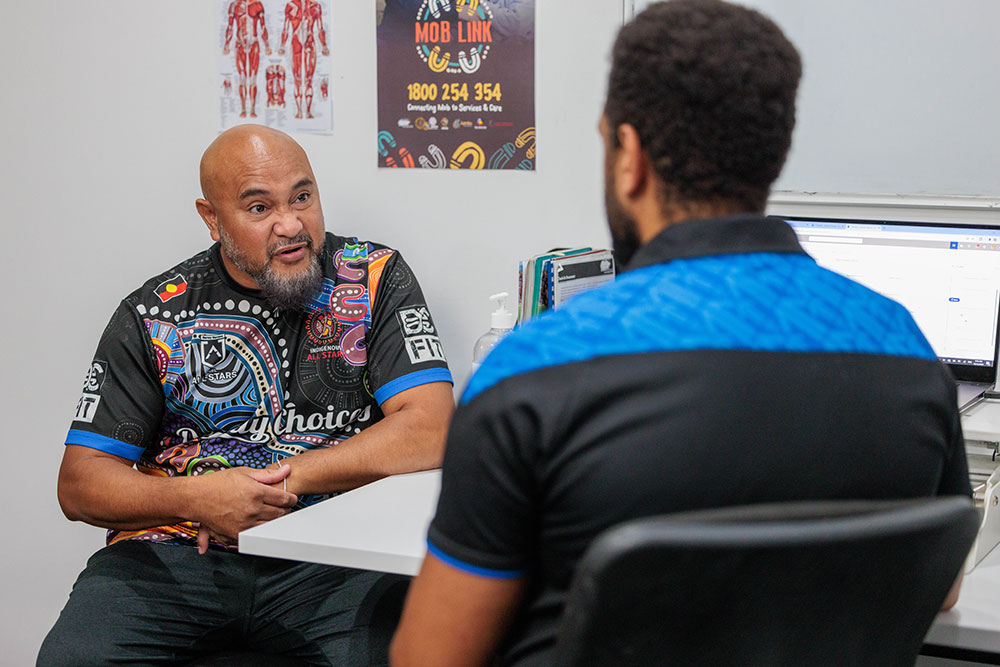

Bowel cancer, also known as colorectal cancer, occurs in the colon or rectum, (the final part of our digestive system) It is one of the most common cancers in Australia and is also one of the most treatable when found early. It usually starts with small growths in the bowel lining called polyps. If left untreated, some polyps can turn into cancer.
The screening checks for hidden traces of blood in your poo sample that you might not see. These small amounts of blood may show cancer or pre-cancerous polyps. Early detection can help find cancer at an early stage, making it easier to treat.
What are the symptoms of bowel cancer?
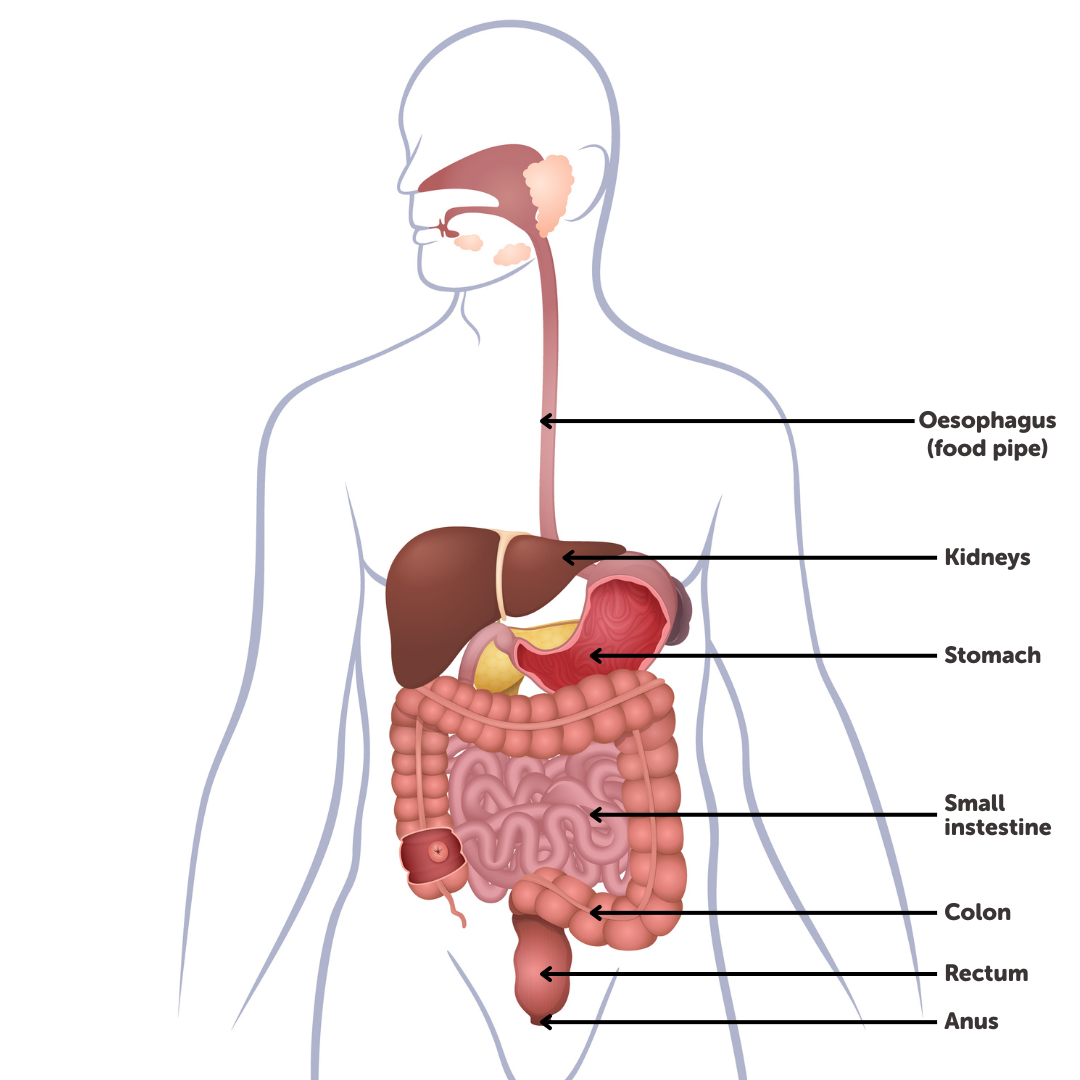
Bowel cancer may not show symptoms in its early stages. However, as it progresses, symptoms may include:
- blood in your poo or in the toilet bowl
- changes in bowel habits (diarrhoea or constipation)
- feeling very tired all the time
- stomach pain or cramping
- unexplained weight loss.
These symptoms don’t mean you have bowel cancer, but it’s important to yarn with your doctor and health work as soon as you can.
Why should I get screened?
Between 2018–2022, bowel cancer was the fourth most diagnosed cancer among Aboriginal and Torres Strait Islander people in South East Queensland (Cancer Alliance QLD).
Screening significantly increases the chances of survival of bowel cancer by identifying the disease at an early stage which can be successfully treated in more than 90% of cases.
Who should get tested?
The Australian Government offers a free bowel cancer screening test for people aged 45 to 74, every two years. Mob aged 50 to 74 will receive a bowel screening kit in the mail every two years without needing to sign up.
If you’re aged between 45 to 49, you can:
- order a free test kit online
- request at your local Moreton ATSICHS clinic
- submit a webform
- call 1800 627 701
If you are unsure or need more information about bowel cancer screening, contact your local clinic to yarn with your doctor or health worker. Once you are aged 45 to 49 and have received a free bowel test kit (either from your doctor or by contacting the National Bowel Cancer Screening Program), you will be eligible to get the test kit every two years.
If you have a family history of bowel cancer or certain medical conditions, you may need to start screening earlier, yarn with your doctor for personalised advice.
If you are outside the age range of 45 to 74, yarn with your doctor about your screening options.
How does the test work?
The test is simple. There is no special diet or preparation required. You can complete the test in the privacy of your home. The test involves collecting a small poo sample using the at-home test kit. The steps to complete the test are as follows:
- Collect a small sample of your poo using the tools and instructions in the kit.
- Place the sample in the tube and seal it.
For support with the test itself, including guidance on how to complete the form or how to do the test, yarn with your health worker, nurse or your doctor.
View these downloadable brochures for more information on how to do the test, or view the video below.
What if I lose my at-home test kit?
If you lose your kit, you can request a new one by calling the National Bowel Cancer Screening Program Information Line on 1800 627 701 or by contacting your local clinic or health worker. All test kits are free, including replacement kits. Be sure to add your doctor’s name and clinic information on the registration form in the kit.
Understanding your test results
Results are usually mailed to you and your doctor within two weeks after the lab receives your sample.
- A positive test means blood was found in your sample. It does not always mean you have cancer, but you need to do further tests such as colonoscopy to find the cause.
- A negative test means no blood was found in your sample. Continue screening every two years.
If you notice symptoms at any stage between tests, please yarn with your doctor.
What support services are available?
If you have questions or need support, you can contact:
- Mob Link on 1800 254 354 (open 365 days a year, from 7am to 8pm.)
- National Bowel Cancer Screening Program Information Line (1800 118 868)
Can I test if I am pregnant or if I have other medical conditions?
Yes, the test is safe during pregnancy. If you have a personal history of bowel cancer, a family history of bowel cancer and/or inflammatory bowel disease (IBD), it is important to yarn with your doctor, nurse or health worker for advice based on your health history.
What happens if I don’t do the test?
Many people with bowel cancer do not have symptoms in the early stages. Regular screening helps find cancer early, making treatment easier and more effective. If left undetected, bowel cancer can spread and become harder to treat.
How can I reduce my risk of bowel cancer?
You can lower your risk of bowel cancer by:
- avoiding smoking and limiting alcohol
- eating a high-fibre diet with plenty of fruits, vegetables and whole grains
- exercising regularly
- limiting red and processed meats
- maintaining a healthy weight .
